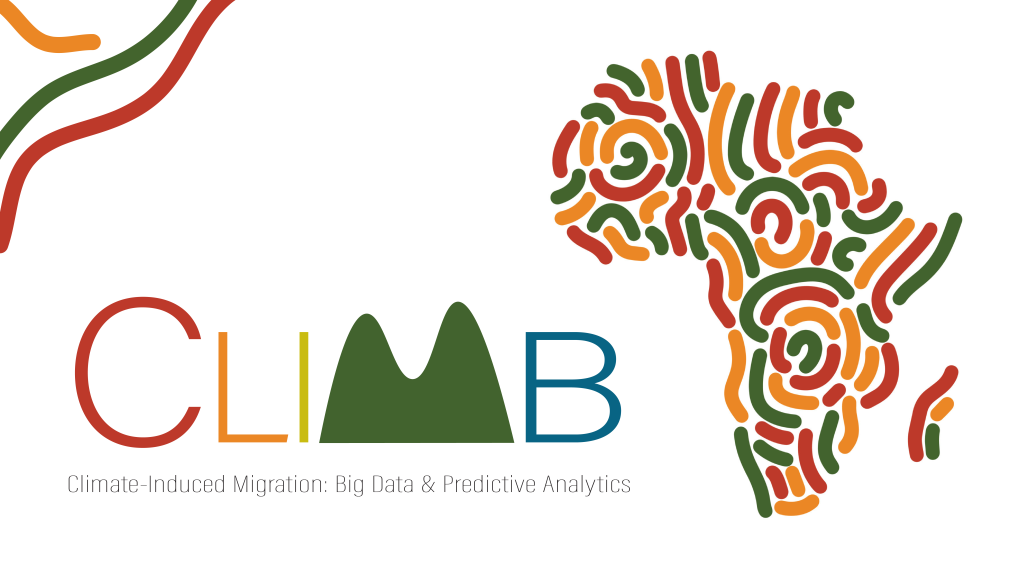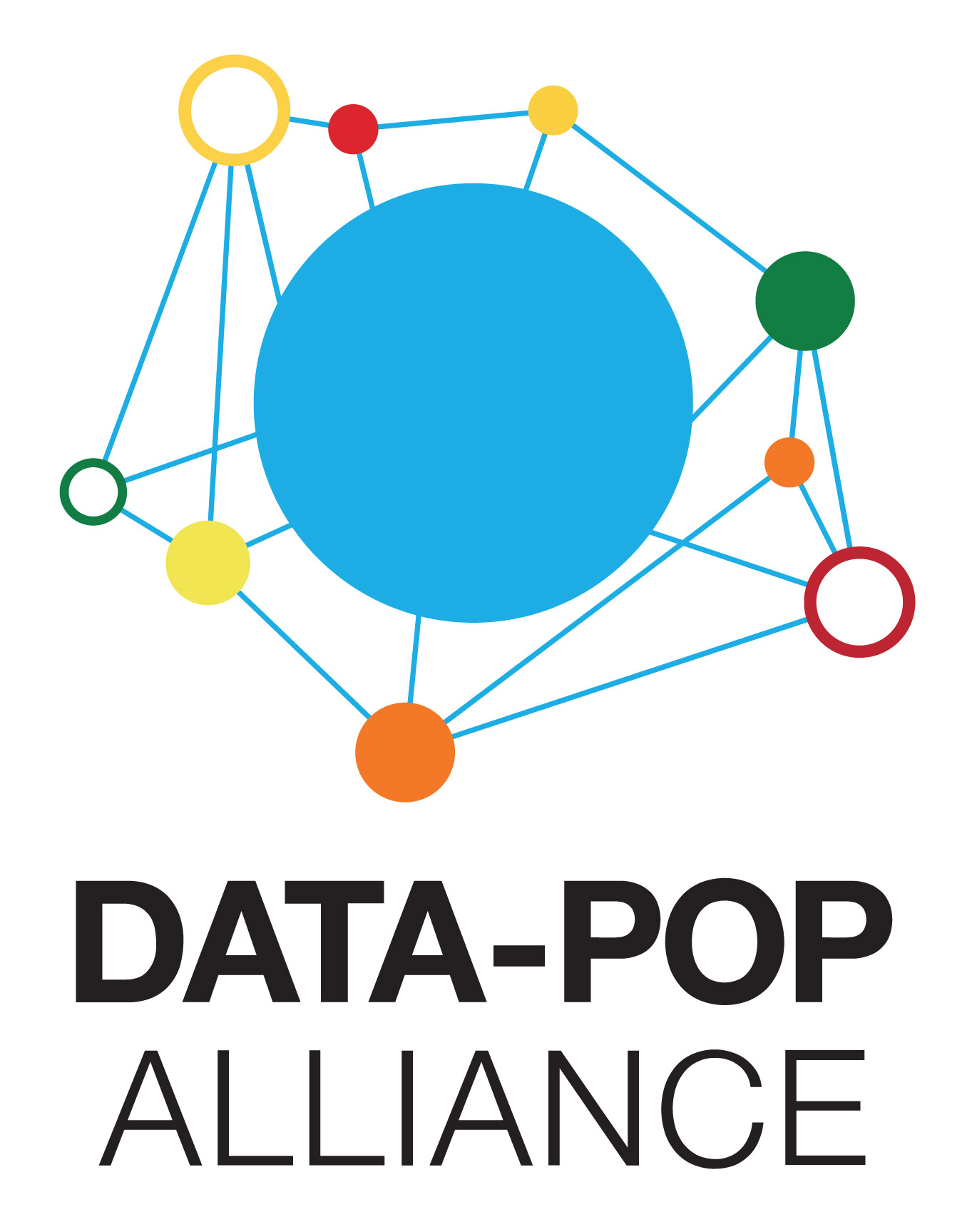
The world is at a critical moment in the pursuit of the Sustainable Development Goals by 2030; climate crises, poverty, epidemics, and conflicts have been threatening decades of development gains. To adapt to these threats, millions of people have been forcibly displaced and in search for a safer and more livable place. Pressingly, many have lost their lives or gone missing along the journey.

Climate Crises

Poverty

Epidemics

Conflicts

To ensure safe migration, there is an urgent need for systems which can help enable anticipatory actions and assist forcibly displaced people to migrate. However, building such systems is extremely difficult, as it requires timely and granular data which are generally lacking in places that are most vulnerable to climate crises.
CLIMB’s Holistic Data-Driven Approach
CLIMB seeks to address this gap by leveraging multi-level big data: from satellite imageries to mobile phone records, social media, among other digital traces. We will also combine Big Data and traditional survey and official statistics. This holistic data-driven approach will allow us to better understand the multi-stage process of human migration (from initial displacement to onward/return migration), and to conduct predictive analysis of climate-induced migration.
As climate risks are more likely to affect internal mobility, we will adopt a bottom-up approach: instead of aiming for a global study, CLIMB will collect timely and granular data on specific cases where the climate-migration nexus is more apparent. As a starting point, our first case study will focus on Senegal whereby more frequent onset extreme weather is expected in the coming decades. Such deteriorating climate conditions coupled with poverty, inequality, and conflict, are likely to cause millions of people forcibly displaced.

Expected Value
CLIMB unites multidisciplinary expertise to effectively bring together diverse actors, to trigger social, cognitive, and scientific dynamics, and to develop a solution that will comprehensively address the consequences of climate change on the human population. By leveraging multi-level Big Data, from Satellite imageries to individual surveys, CLIMB will incorporate human-centric approaches into advanced computational methods. This could help better understand the needs of vulnerable groups and hence develop more targeted support to those who are migrating forcibly by climate shocks and other humanitarian crises






